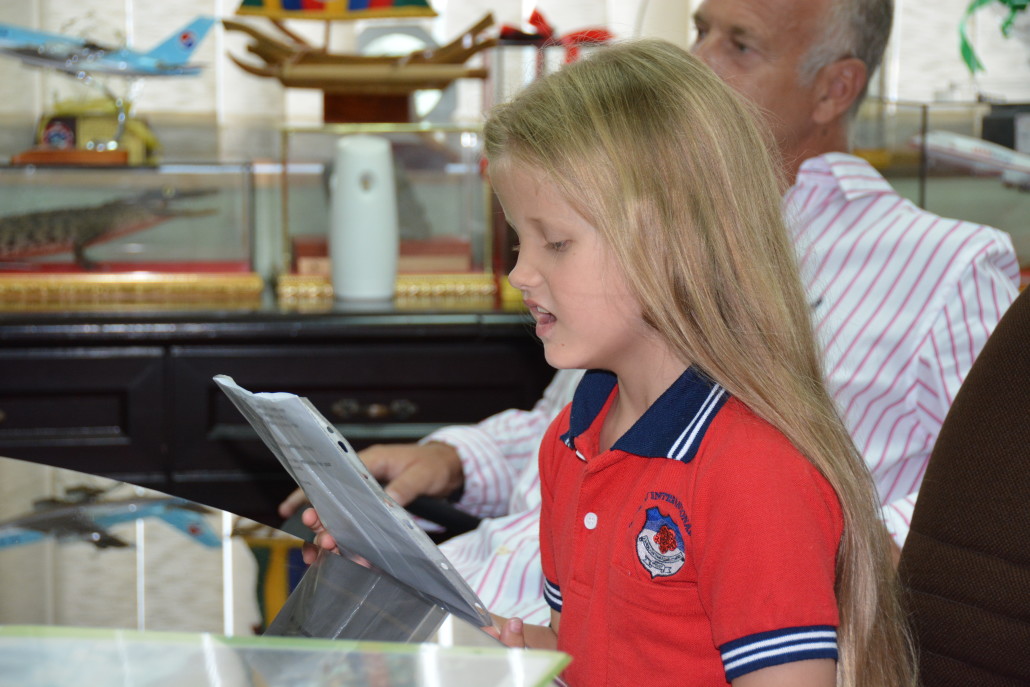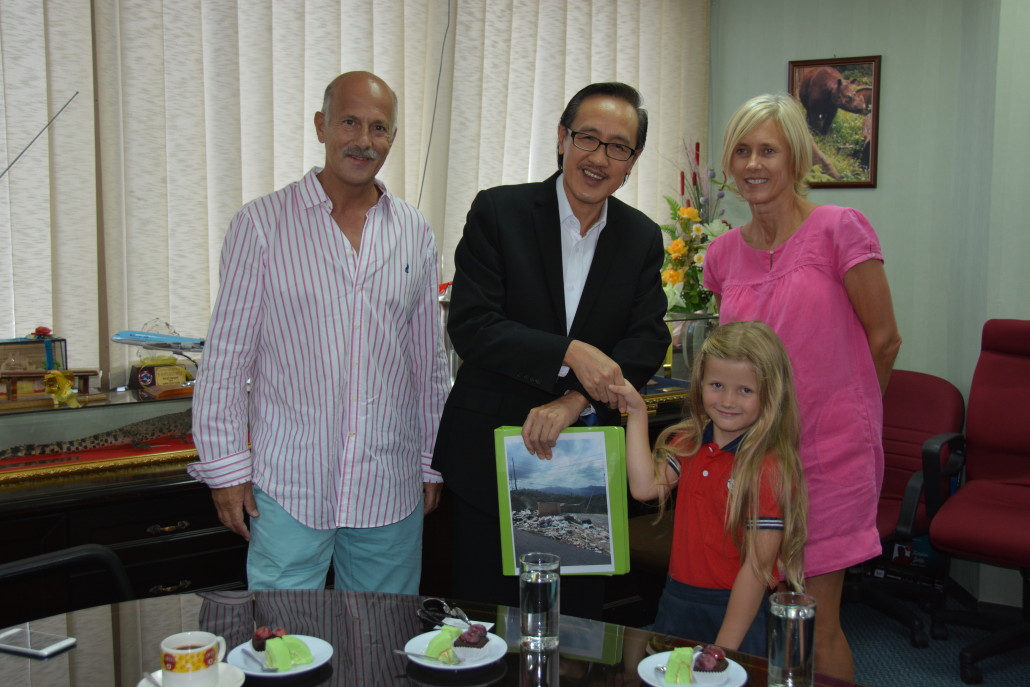All articles of environment in Sabah
16Jun
Oceanus boardwalk features green-tech
Kota Kinabalu: One of the innovative features introduced by the developer of the Oceanus Mall and boardwalk is the wind turbine generators installed together with two solar panels for each lighting pole.
This is the first for the state capital CBD area, and augers well as an exemplary green measure for green energy generation and usage that may even help DBKK to minimise electricity costs for lighting up streets and road sides.
Photos show the new 200w wind turbine generator before and after installation with two solar panels along part of a 2.1 km golden tourism belt along the state capital CBD's waterfront which is one of the longest in Asia from Anjung Senja to the Hyatt Regency.
Oceanus' embrace of green technology is inspired by more than just a stirring social responsibility.
Through their 'Profit from Going Green' credo, Oceanus Waterfront Mall is set to be the benchmark for businesses in East Malaysia region to implement innovative green technology to boost profitability.
This value makes Oceanus a pioneering green-tech icon in the transformation of the state capital.
Meanwhile, Oceanus Mall General Manager (Operations) Victor Ng is serious in preventing the kind of petty crime rate that seems to plague some other malls here with conspicuous security presence by attentive guards and in-house detectives, other than devices like CCTV.
"When you enter into Oceanus, you don't feel like you are in a common mall, the experience is more like being in a well-appointed establishment," Ng said.
That was the standard of management that he expects to make the expectant public feel secure and safe when shopping or indulging in the many food and beverages offered by the many outlets.
Public complaints reported from some other malls in the past comprised of mugging of youngsters or students, pickpocketing, shoplifting and stealing of unattended bags and personal effects or devices. There was even a case of armed robbery on a goldsmith shop.
Ng intends to have at least an armed guard patrolling up and down the boardwalk seafront perimeter to give the public confidence with conspicuous security presence.
"I am very strict on my security guards' attentiveness. I expect them to follow any group or individual suspected to come into the mall for mischief," he said.
"I will not prevent any suspect from entering the mall, but I want my security whether uniformed or in-house to follow them until they realised that they are not free to do as they intended," he stressed.
"I have sacked guard on the spot for sleeping on the job at night when I check on them," he added.
The reputation of any mall depends on security and perception of crime rate as well.
A major mall here keeps broadcasting a message to shoppers during operation hours to keep watch on their personal belongings like mobile devices and bags should not be left unattended.
Source: Daily Express






